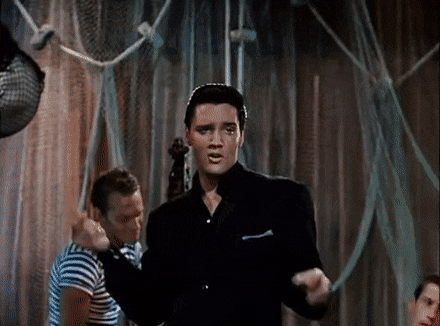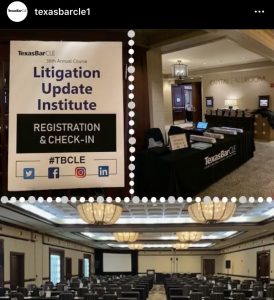 Resolution of the tortious-interference claim in Whitney Bank v. SMI Companies Global, Inc. turned on whether the defendant’s profit motive could establish “actual malice” as required by Louisiana law. To the panel majority:
Resolution of the tortious-interference claim in Whitney Bank v. SMI Companies Global, Inc. turned on whether the defendant’s profit motive could establish “actual malice” as required by Louisiana law. To the panel majority:
There is no evidence that Whitney was driven by anything other than profit in its collection efforts. Moreover, the express terms of the contract allowed Whitney to recover from SMI’s customers because both loans were secured by SMI’s accounts receivable. While it may have been more prudent and logical for Whitney to involve SMI in its collection efforts, those efforts, however brusque, served to protect the bank’s legitimate interests—collecting on the defaulted loans.
(citations omitted, emphasis added). The dissent, however:
Often this requirement [of “actual malice”] is insurmountable in the business context because of the “appropriate” motivation of profits. But I disagree with the notion that someone in a corporation who is seeking to collect money from another can never have actual malice or ill will towards that other. Corporations are run by humans, after all. . . . The magistrate judge’s decision rested in part on its determination that Whitney’s employees lacked credibility, and we do not second-guess credibility determinations.
No. 18-31189 (Feb. 3, 2020) (emphais added). (Louisiana’s actual-malice requirement for this tort is uniquely demanding, so this discussion may be less relevant in other jurisdictions.)
 Procedurally, a lack of explanation as to key Daubert rulings and related elements of the plaintiff’s claim, characterizing them as “pithy to the point of being incomplete.”
Procedurally, a lack of explanation as to key Daubert rulings and related elements of the plaintiff’s claim, characterizing them as “pithy to the point of being incomplete.” conflicting testimony on (a) the handling of the relevant piece of equipment, (b) the reasons for material continuing to flow through that equipment at the time of the accident.
conflicting testimony on (a) the handling of the relevant piece of equipment, (b) the reasons for material continuing to flow through that equipment at the time of the accident.









